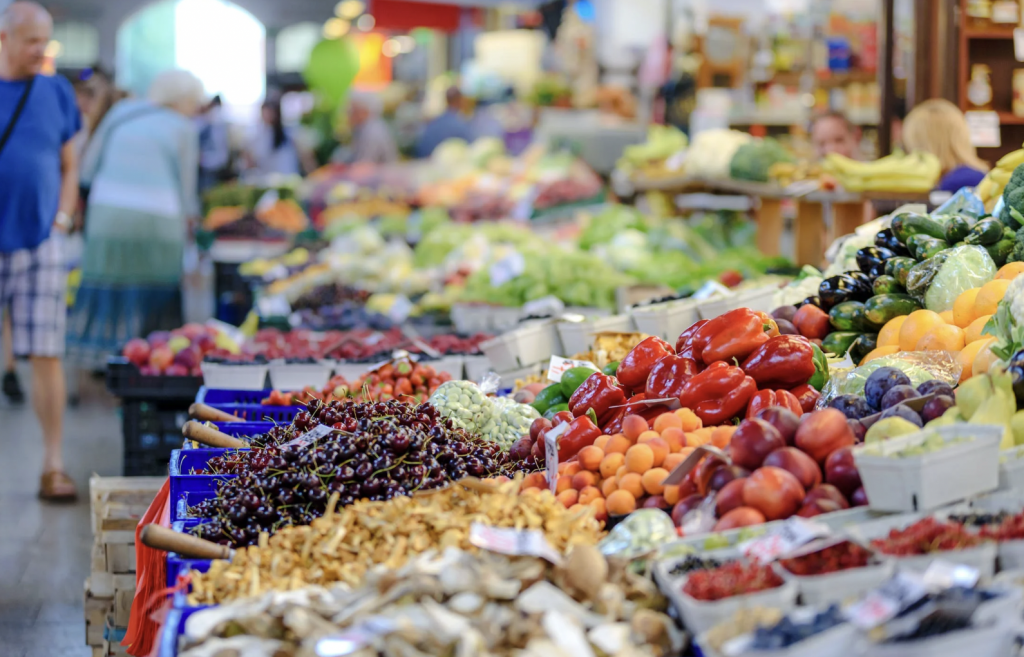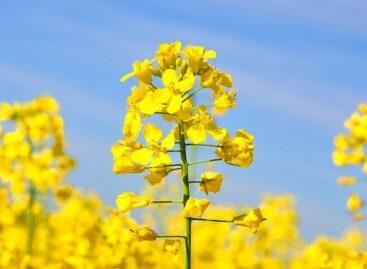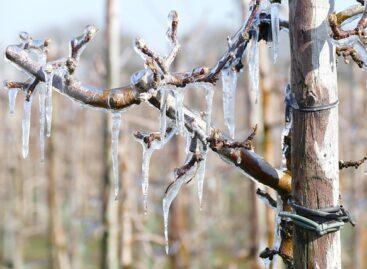Is the era of cheap food over?
“Food should be green and, above all, expensive,” said German Minister of Agriculture Cem Özdemir in the spring of 2021, in his first interview after taking office.

Then he added: “German farmers should produce less than before, especially animal products.” This statement caused a serious shock among those interested in agriculture. However, there were those who just smiled at him, as the Green Party minister is a well-known vegetarian who does not need milk, cheese, pork or beef, or even fish, which is considered healthy food.
Mr. Özdemir, who, by his own admission, knows as much about agriculture as a hajdú knows about bell casting, never thought that his program would be implemented almost entirely within half a year. In the fall of 2021, the prices of agricultural raw materials began to rise explosively, a process that was given another boost in February 2022 by the Russian-Ukrainian war. The price level of grain and oilseeds increased by 100-150 percent in the course of a few months, and although agricultural prices have stabilized in recent months and have started to decrease in the case of some products (wheat, corn), IT SEEMS THAT THE ERA OF CHEAP FOOD IS OVER FOR A LONG TIME.
Some of the direct causes of the incredible rise in prices are known to everyone: the price of fertilizer tripled in a few months, diesel doubled, and natural gas and electricity doubled their previous price levels. The cost of agricultural machinery, production equipment, and irrigation infrastructure increased to a much lesser extent, but at least as painfully for the farmers. The jump in agricultural input prices directly and immediately increased production costs. Before 2021, the production cost of wheat per hectare was typically in the range of 300-350 thousand forints, in 2022 already in the range of 400-500 thousand forints, depending on how brave the farmer dared to spread fertilizer and fertilize. A similar or even greater increase in cost levels occurred for all other commodity crops, including corn, sunflower and sugar beet.
Related news
ENAR data reconciliation for cattle, sheep and goat, pig and poultry farmers is underway until the end of March
🎧 Hallgasd a cikket: Lejátszás Szünet Folytatás Leállítás Nyelv: Auto…
Read more >Related news
The Hungarian Food Book is 50 years old
🎧 Hallgasd a cikket: Lejátszás Szünet Folytatás Leállítás Nyelv: Auto…
Read more >








